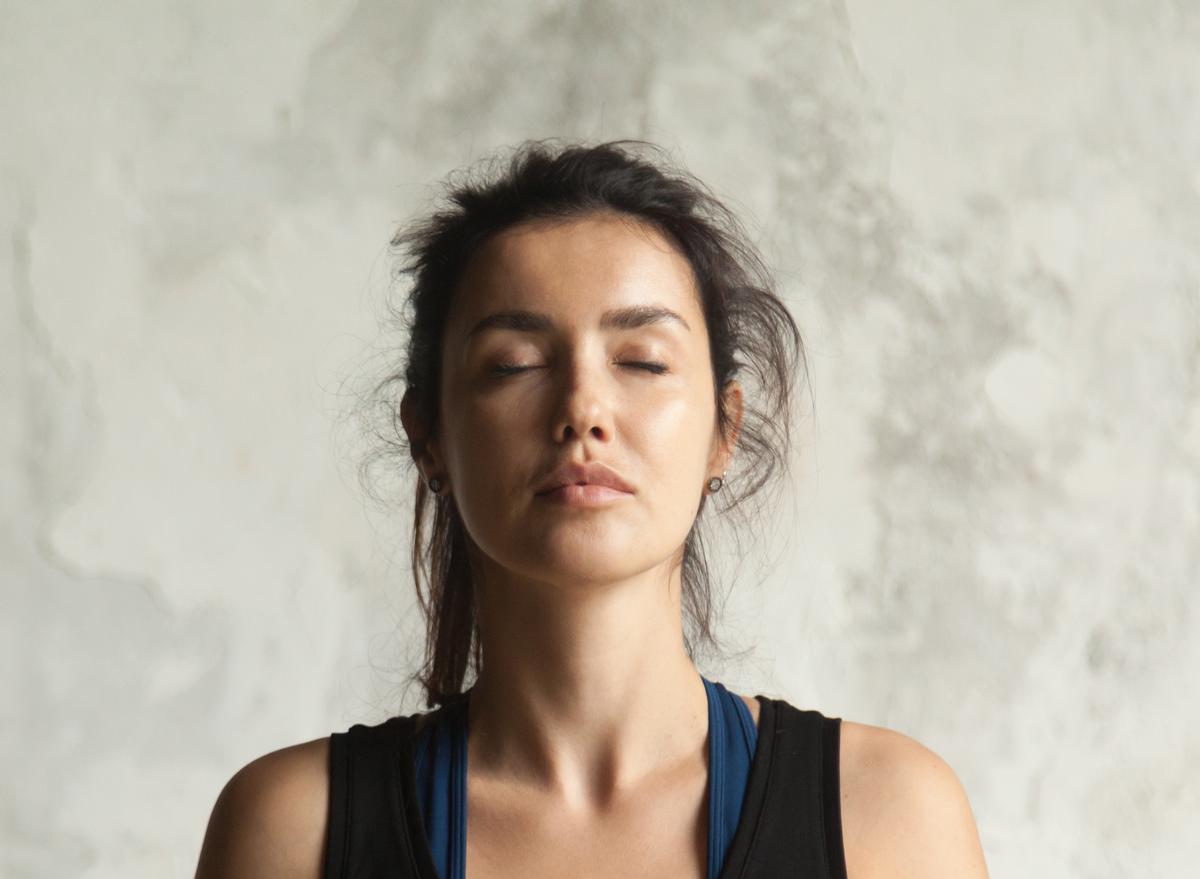NEWS
 |
| Help guests conquer sadness and binge eating, new research shows how |
 |
| POSTED 28 Jan 2020 . BY Megan Whitby |
 |
|
|
 |

|
|
The research found that thinking of sadness as a ‘person’ can reduce its effects Credit: Shutterstock
|
|
 |
 |
|
Spa operators could help guests reduce feelings of sadness, successfully conquer binge-eating challenges and improve self-control and discipline, using learnings from new research published in the Journal of Consumer Psychology.
Called When sadness comes alive, will it be less painful? The effects of anthropomorphic thinking on sadness regulation and consumption, the research found that thinking of sadness as a ‘person’ – psychologists call this anthropomorphising – can reduce its effects, according to teams at University of Austin, Texas, Hong Kong Polytechnic University and Hong Kong Baptist University.
With mental wellness interventions and programmes becoming increasingly popular in the spa and wellness industry, this research and its approach could inform future treatments and help equip guests to take control of their emotions.
Previous studies have shown that someone feeling sad exhibits a desire for urgent reward and little willpower, such as succumbing to hedonic temptations or engaging in impulsive purchases.
Authored by Li Yang in Austin and Rocky Peng Chen and Fangyuan Chen in Hong Kong, the study explores how anthropomorphic thinking influences people’s experience of sadness and their subsequent behaviour as consumers.
The research included six test studies involving 1059 participants, 56 per cent of which were female and 44 per cent were male.
Each test involved subjects rating their level of sadness following different psychological prompts designed to induce sadness, such as writing about a sad event which had happened to them.
Participants were then asked to imagine sadness as a person and describe their characteristics and conclude by rating their levels of sadness again.
All six studies demonstrated that anthropomorphising sadness reduces its severity and changes behaviour.
Yang told Spa Business: “We found that anthropomorphic thinking enables individuals to view sadness as an independent human being that is separate from them and consequently creates a feeling of detachment.
“As a result, an individual who anthropomorphises sadness will feel less sad and will also tend to display better self-control in subsequent decisions about consumption.”
The new study showed that humanising sadness counteracts these effects and has a positive impact on consumer decision-making, as participants involved in anthropomorphic thinking experienced an increase in self-control.
“When faced with purchasing decisions, we found that participants were more likely to choose a product with practical features over an alternative with indulgent features, once they had anthropomorphised their sadness,” said the authors.
“This occurs because anthropomorphic thinking leads to a feeling of detachment from the target emotion.”
One of the studies involved participants anthropomorphising their sadness and subsequently choosing between a healthy food option (salad) versus an unhealthy choice (cheesecake).
Evidence highlighted that those who humanised sadness were less likely to indulge in the unhealthy choice because as their sadness reduced so did their self-indulgent behaviour.
The paper also touches on the benefits of combatting sadness with detached reappraisal – a method where people are encouraged to think of their role in past or present situations as observers rather than actors, hence creating a feeling of distance.
The idea is that reinterpreting a negative situation can help people reprocess their emotions or reduce the effects of their negative experienced emotions.
|
 |

|
 |
| The new study showed that humanising sadness counteracts these effects and has a positive impact on consumer decision-making |
|
 |
 |
|
|
 |
|
 |
 |
 |
|
|
|
 |
Fitness Instructor
University of Brighton |
 |
Salary:
£23,144 to £25,138pa
Job location: Brighton, East Sussex , United Kingdom |
|
|
 |
|